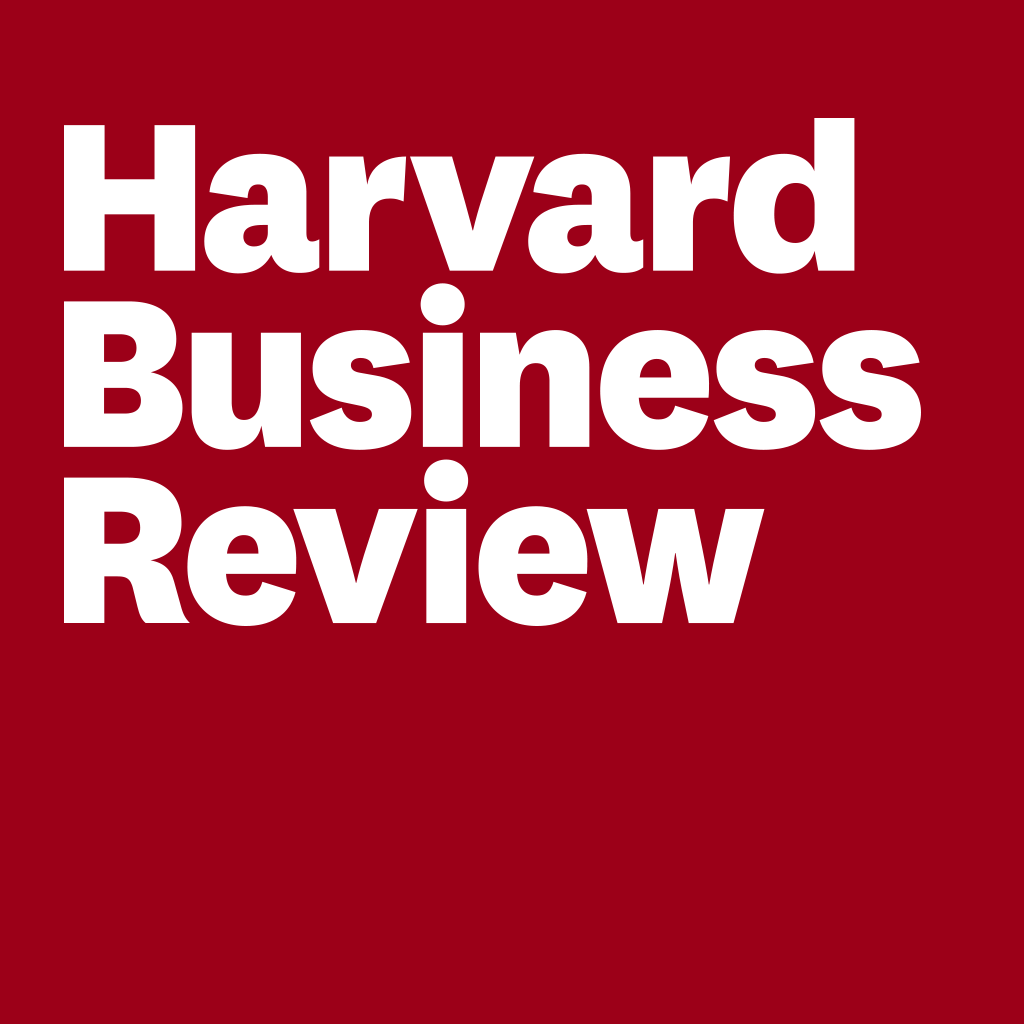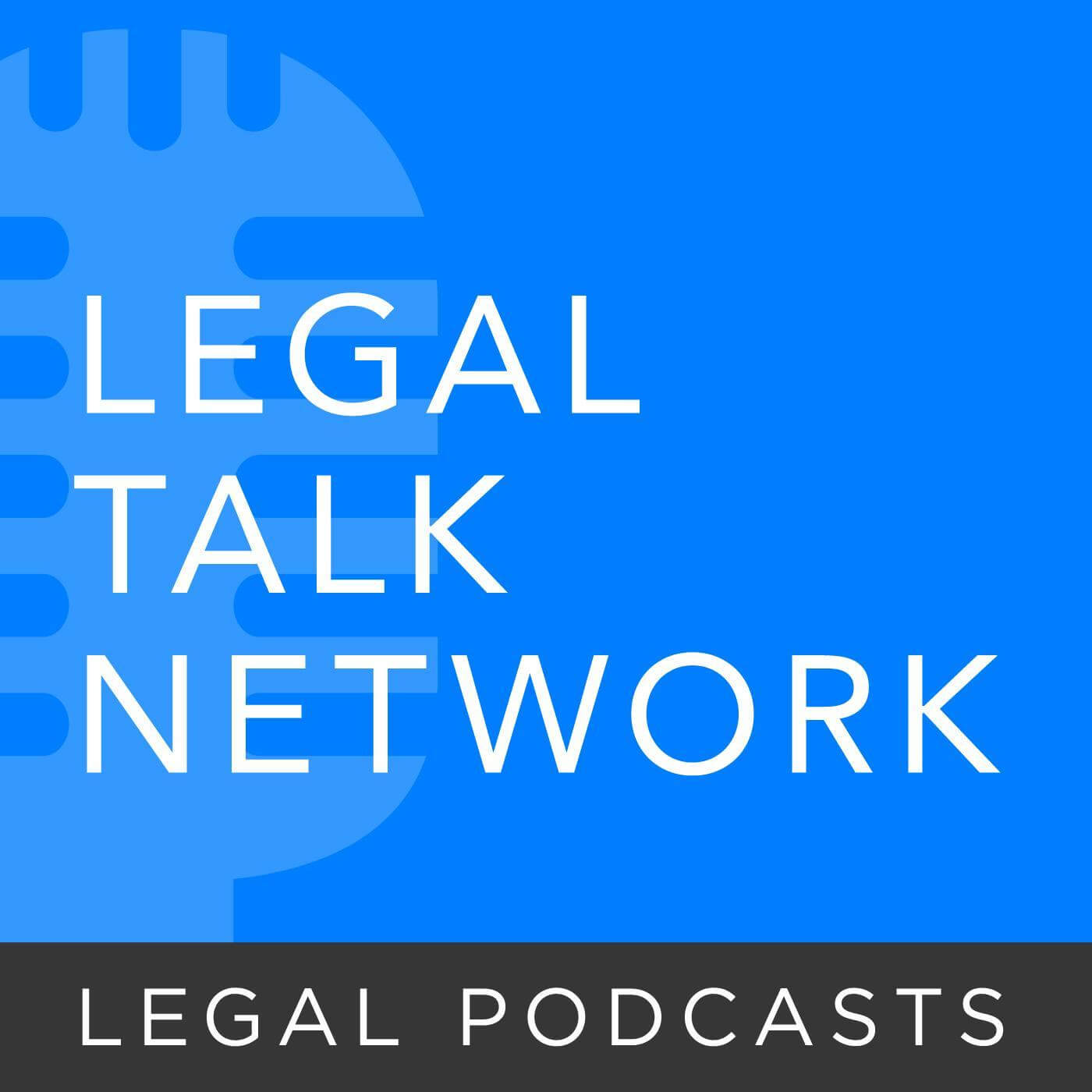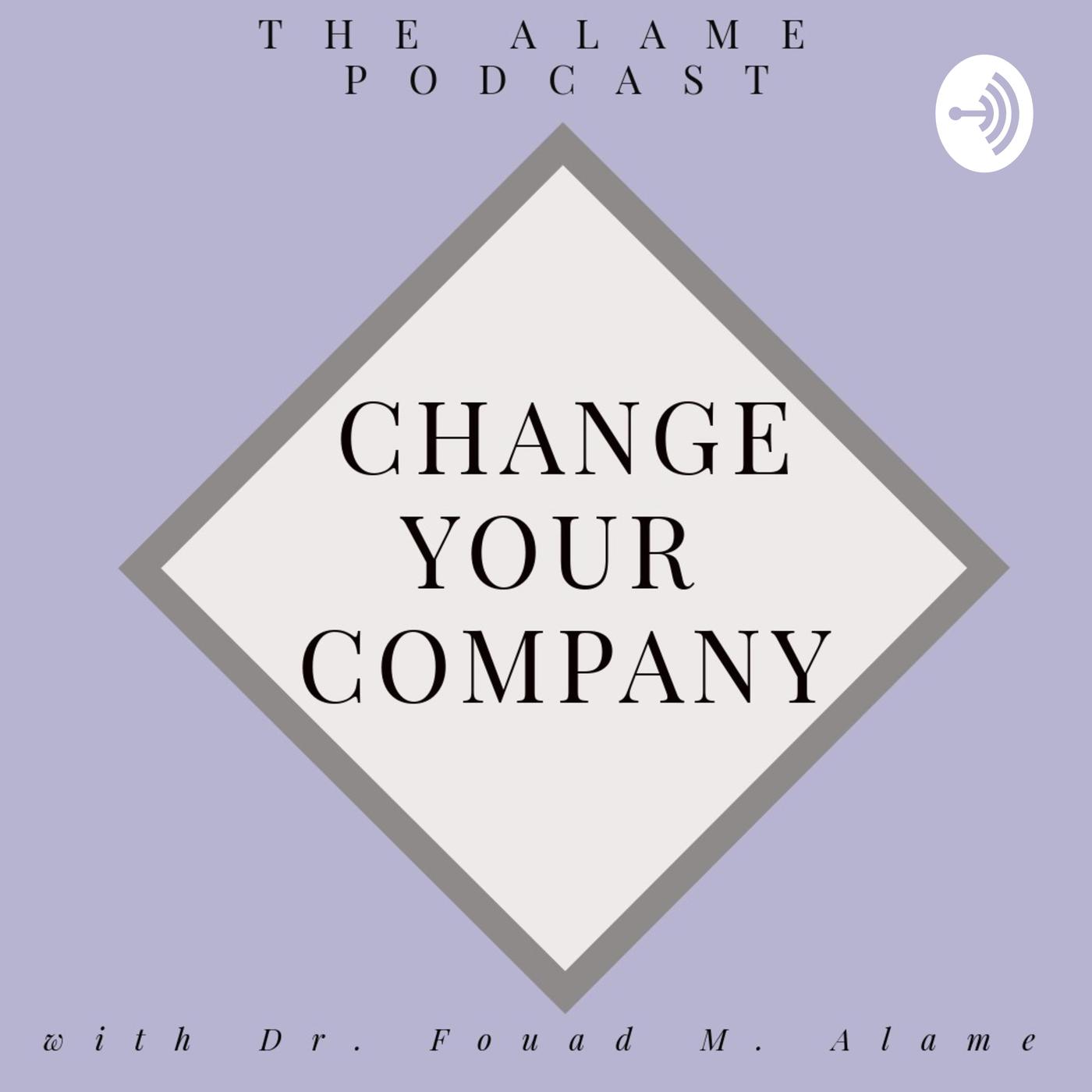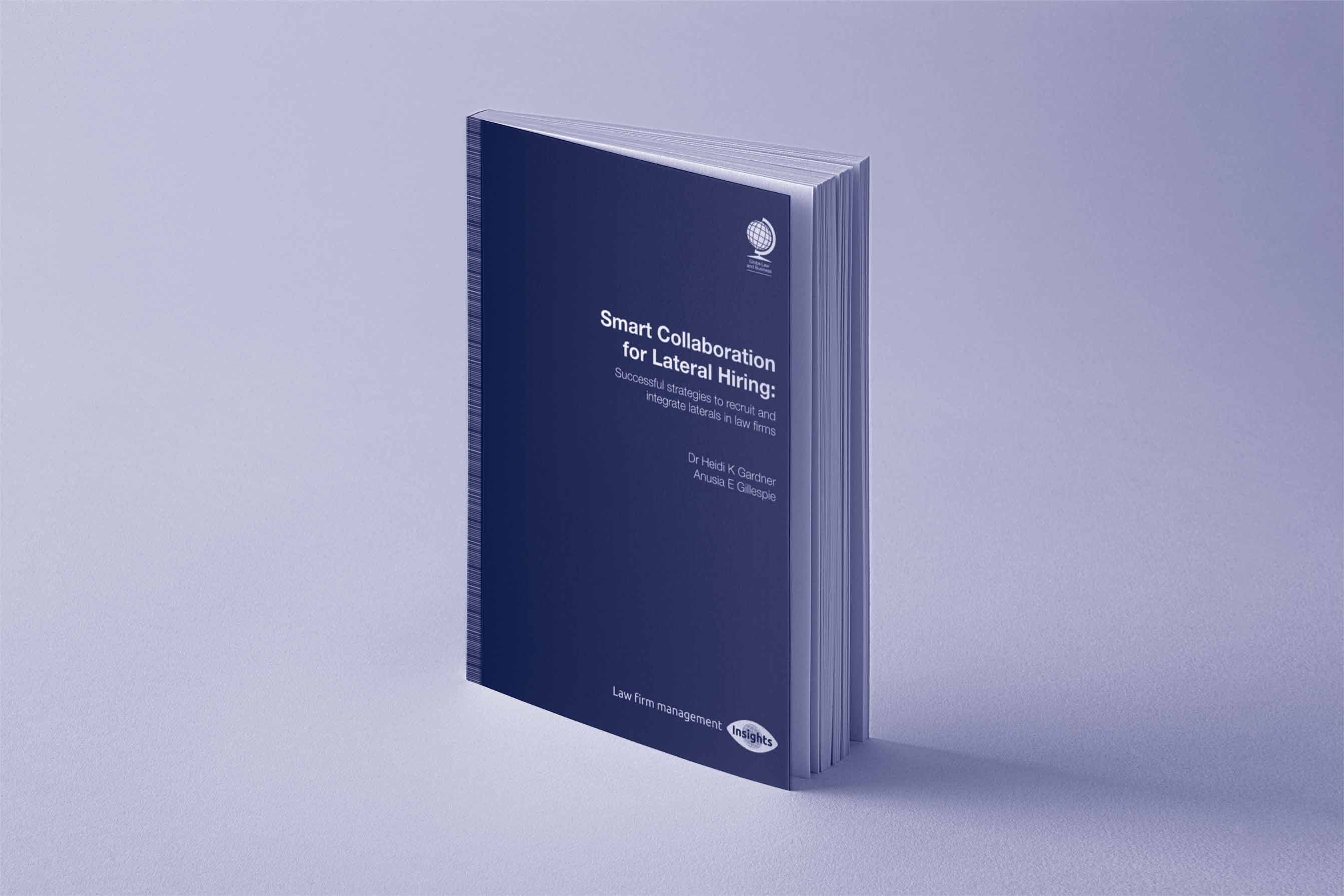Insights
Smart Collaboration
Organizations earn higher margins, inspire greater customer loyalty, produce more innovative work, and attract and retain the best talent when specialists engage in Smart Collaboration across boundaries.
Companies can gain a powerful competitive edge by getting specialized experts to work together across organizational and geographic boundaries. But the costs and risks of collaboration are immediately apparent, whereas the benefits accrue slowly. Further, the 'stars' have built their reputation doing individualistic work question whether collaboration really pays off. Research with dozens of organizations and thousands of professionals empirically demonstrates the commercial and talent-related value of Smart Collaboration—for individuals and companies. Our case studies and research show how to make the case for collaboration in your organization and how to achieve those outcomes. We also delve into the dark side of collaboration and explore ways for leaders and workers to handle an 'over-committed organization.'

Before the COVID-19 crisis hit, most companies were already suffering from the dark side of collaboration: over-committed organizations, with people stretched thin across multiple teams and projects at once. Now with the shock of coronavirus, leaders need strategies to help their teams stay focused on preserving business momentum while working from home. In this webinar you will learn how to:
- Adapt the 'Four Ms' of leading over-committed teams—measure, map, manage and motivate—to remote work
- Handle the new and competing tasks that this emergency will generate across the business
- Combat the tendency for stress to increase stereotyping and bias, which undermine diversity efforts and dampen team morale
- Make the new environment familiar with simple, practical tactics to help team members make sense of each other's behavior
Source: Harvard Business Publishing
Year: 2020
Link: https://www.harvardbusiness.org/insight/leading-remote-teams-effectively-webinar-recording/

In this episode, we're delighted to speak with Heidi Gardner about smart collaboration – a term she coined to talk about how we need highly-specialised experts to come together tackle more complicated issues than any of them could do on their own.
Source: LOD
Year: 2020
Link: https://lodcast.simplecast.com/episodes/remote-working

This episode focuses on how lawyers and other knowledge workers can work remotely – and effectively. We speak with three experts: Dr Heidi Gardner, Assistant Professor Ella Hafermalz and LOD co-founder Simon Harper.
Source: LOD
Year: 2020
Link: https://lodcast.simplecast.com/episodes/remote-working

Complex problems require professionals to provide cross-disciplinary solutions—that is, smart collaboration. By taking steps to shift the culture and structure, leaders can unlock clear, long-term benefits: higher margins, stronger client loyalty, increased competitive edge.
Source: Harvard Business Review
Year: March 2015
Link: http://bit.ly/32nCRfi

Cross-practice collaboration can provide significant revenue uplift: our benchmarks suggest that most firms could increase revenues by 5 to 12 percent by shifting their portfolio of service. This article outlines how firms can interrogate their existing data and take other actions to capture the benefits.
Source: The American Lawyer
Year: October 2018

Capture better business outcomes by promoting the flow of know-how and resources across internal boundaries. Lessons from the Dana-Farber Cancer Institute show how leaders can guide powerful, iconic practitioners toward cross-specialty area collaboration.
Source: Harvard Business Review
Year: January 2017
Link: http://bit.ly/2JRtNIU

Clark is a fast-rising, star partner in his consulting firm who suddenly finds himself with an irate client. The case uncovers the core tensions of the 'producer-manager' dilemma, the effects of performance pressure on teams, and the short- and long-term impact of smart (cross-silo) collaboration.
Year: May 2011

Law firms gain higher margins, increase client loyalty, access more lucrative clients, and perform more complex work through smart collaboration. This article lays out why lawyers resist collaboration, and what firm leaders must do to foster it.
Source: The American Lawyer
Year: March 2015

What are the top ten reasons that clients value a team approach? Firms that understand what clients value, and can get their lawyers to collaborate to deliver it, are better off financially and strategically.
Source: The American Lawyer
Year: June 2016

Through a series of vignettes, this case study highlights the behavioral, cultural and structural barriers professional services firms must overcome to expand client relationships and build more institutional clients. The debate it sparks leads to productive problem solving.
Source: Harvard Law School
Year: March 2016
Link: http://bit.ly/2PMUXo8

Collaboration is regularly misunderstood as a leadership style or act of 'cross-selling,' or used as the answer to everything. It often feels inefficient, risky, low value and political. Clarity on the true meaning of collaboration, and first-hand experience with collaborative projects is the only way to combat these common apprehensions.
Source: Harvard Business Review
Year: May 2017
Link: http://bit.ly/2JQaS1e

How can leaders foster collaboration in an environment that has historically celebrated individual achievement? The case reveals some dramatic failures, and examines ways to motivate 'stars' to undertake collaborative work.
Source: Harvard Business School
Year: January 2012
Links:
https://s.hbr.org/2oP99C7

When confronting a financial downturn, attorneys in one firm wonder whether its collaborative culture can withstand the pressure. This case outlines how a transparent and data-driven compensation system, rewards for attorneys who shared client work, rigorous hiring standards, cross-office practice integration, and other initiatives promote cross-silo collaboration. But is it enough to sustain the culture?
Source: Harvard Business School
Year: April 2014

Geographically dispersed advisors and cross-border experts must integrate knowledge to solve sophisticated problems. But how can they avoid the common pitfalls of the us vs. them mentality and mistrust-based friction stemming from their lack of mutual understanding?
Source: Harvard Business Review
Year: July 2015

Changing people's behavior without changing either the compensation or the promotion system – is that even possible? Research conducted in a highly constrained reward system setting offers recommendations to help leaders boost cross-silo collaboration without changing the organizational structure.
Source: Harvard Business Review
Year: January 2017

In this 20-minute podcast, Dr. Gardner discusses how firms gain a competitive edge when specialists collaborate across functional boundaries. But it's often difficult, expensive, and messy.
Event: Harvard Business Review Ideacast
Year: January 2017

Dr. Gardner outlines the fundamentals of Smart Collaboration and the hard evidence of what it is and what it is not. She highlights the common barriers and, if overcome, the potential business outcomes.
Event: Harvard Law School Library Book Talk
Year: 2017

The HLS panel jointly tackles the question of 'How to get professionals to collaborate more effectively'? Dr. Gardner speaks about her research on Smart Collaboration, and the science underpinning it. She concludes that Smart Collaboration is not a choice but rather a business necessity for the organization.
Event: Harvard Law School Library Book Talk – panel discussion
Link: https://youtu.be/PYkHSaqLyxg
Year: 2017

Summary: In this Whiteboard Session, Dr. Gardner outlines the business case and talent-related rationale for Smart Collaboration. She also outlines the obstacles, and recommends specific and tactical steps to get started.
Event: Harvard Business Review Whiteboard Sessions, Facebook Live
Year: July 2018
Link: https://www.facebook.com/HBR/videos/how-to-break-down-silos-in-your-organization/10154738103152787/

In the 42-minute video session, Dr. Gardner busts the 3 biggest myths about collaboration. She also discusses how smart collaboration is a way to overcome over-teaming.
Event: Harvard Business Review WhiteBoard Sessions, Facebook Live
Year: July 2018

Dennis Kennedy and Tom Mighell, legal technology experts, welcome Dr. Heidi Gardner to discuss her practical experience and academic research on collaboration and how lawyers can benefit from her insights into the legal profession by becoming a more effective team.
Source: Legal Talk Network
Year: 2020

What is the difference between 'feel good' collaboration and smart collaboration and how could you, as an organizational leader, drive smarter collaboration in your workplace to maximize your people impact and your organizational performance? Through examples and stories, you will get many insights on these and more!
Source: Alame Podcast Change Your Company
Year: 2020

With the growing threat of coronavirus hitting the United States full force, the prospect of having to work from home is becoming increasingly likely for a wide swath of workers. If that occurs, normal work patterns, modes of communication, and team dynamics will be disrupted.
Source: Harvard Business Review
Year: March 2020
Link: https://hbr.org/2020/03/coronavirus-could-force-teams-to-work-remotely

Crises like the Covid-19 pandemic highlight the importance of effective collaboration for commercial success. However, collaboration becomes more challenging with the anxiety that comes from a crisis. Our research form the 2008 financial crisis showed that leaders who collaborate outperform their peers. In this article we present seven strategies to promote collaboration and drive stronger business performance.
Source: Harvard Business Review
Year: July 2020
Link: https://hbr.org/2020/07/7-strategies-for-promoting-collaboration-in-a-crisis


Implementing Smart Collaboration requires a clear-eyed view of the current state of collaboration, and then targeted approaches for strategy implementation. In this paper, Part 2 of the Harvard Law School white paper series, we show how to equip lawyers (and potentially others in the firm) with the capabilities to turn their natural ways of working into strengths that improve collaboration. We also show how to improve leaders' understanding of their group dynamics so that they are better able to manage, direct, and motivate their teams (practice groups or key account teams, etc.).
Source: Harvard Law School
Year: June 2020
Link: https://clp.law.harvard.edu/assets/Gardner-Matviak_Implementing-a-Smart-Collab-Strategy_Part-2.pdf










